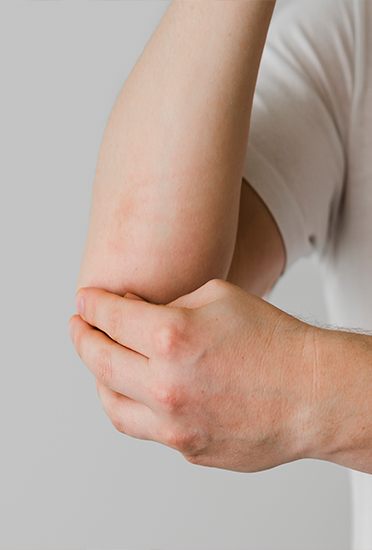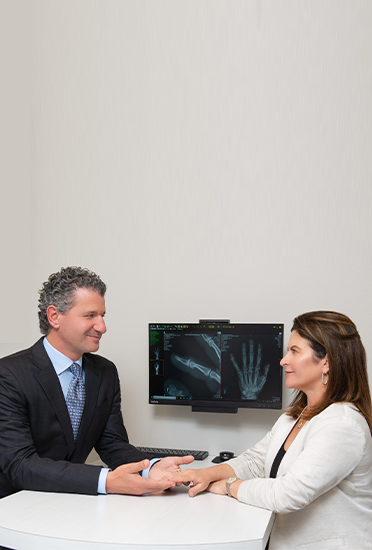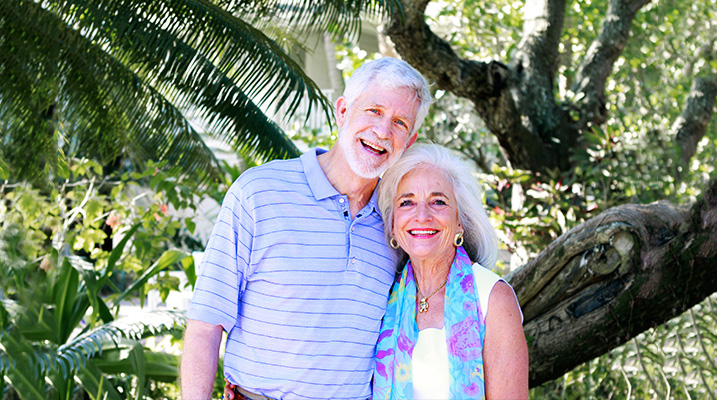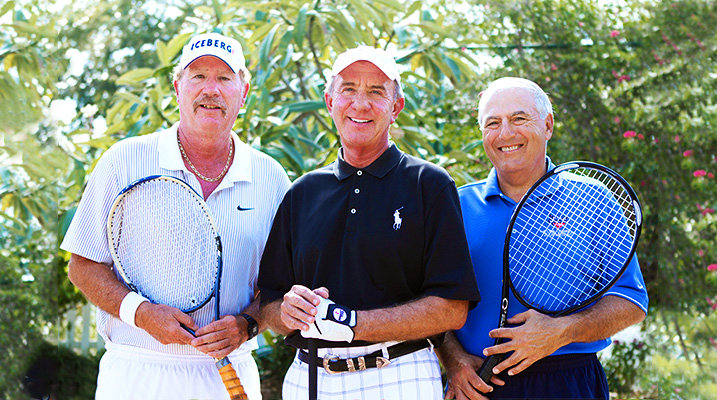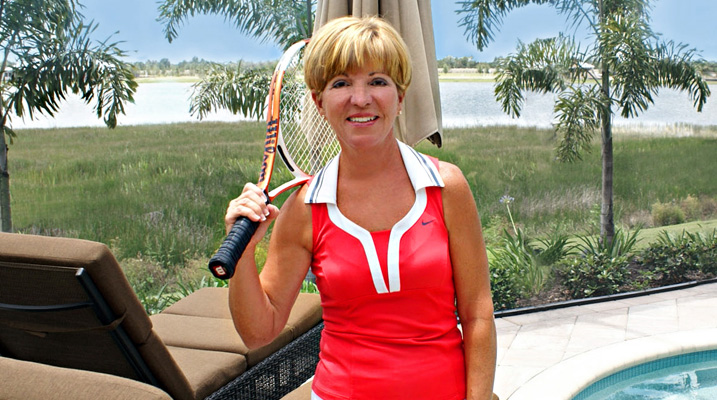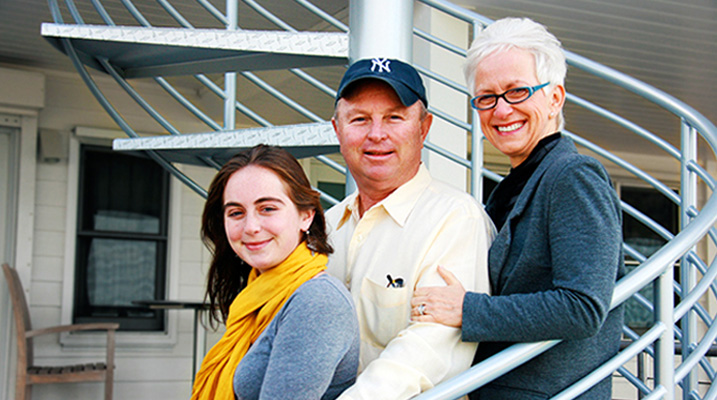Muscle or Ligament Strains

To begin with, a muscle, tendon, or ligament sprain/strain is an injury to a tendon, a muscle, or ligaments, especially in the spine and neck. Minor injuries may not pose serious threats to your wellbeing since they only overstretch your muscles and tendons. This is the most common cause of acute neck and lower back pain. The good news is these issues tend to resolve within 6 weeks and respond to conservative treatments.
Another name for strains is pulled muscles. Strains are common in the muscles of your thighs (hamstrings) or your back. Common types of muscle strain include:
1. Muscle strain in back
2. Intercostal muscle strain
3. Muscle strain in the neck
4. Muscle strain in the chest
5. Calf muscle strain
6. Abdominal muscle strain
7. Lower back muscle strain
8. Groin muscle strain
9. Muscle strain in arm
10. Shoulder muscle strain
11. Upper back muscle strain
These types of muscle strain are likely to cause pain in addition to limiting your movement within the affected part of your body.
Causes of Muscle Strains in Spine and Neck

Common causes of muscle strains in the spine and neck may include the following:
1. Staying too long in an uncomfortable position or place while cradling your phone with your next
2. Trauma that extends to your neck, back, and other sensitive parts of your body
3. Sleeping on a pillow that is too firm or high
4. Lifting heavy objects on one side of your body
5. Failure to warm up properly before starting your usual physical activities
6. Poor conditioning
7. Poor flexibility
8. Overexertion and fatigue
There is a widespread misconception that high-intensity workouts and rigorous exercises are responsible for causing muscle strain. However, muscle strain may occur from any other activity, including walking. Sometimes an acute/mild strain may occur when you:
- Accidentally slip and lose your footing
- Jump
- Run
- Lift something heavy
- Throw something
- Lift an object while you are in an awkward position
Cold weather conditions can also cause acute muscle strain. This is attributed to the fact that muscles become stiffer quickly in lower temperatures than in warmer environments. Therefore, you should take a little longer to warm up when working out in these extreme conditions to prevent the occurrence of strains
Symptoms of Muscle Strains in Spine and Neck
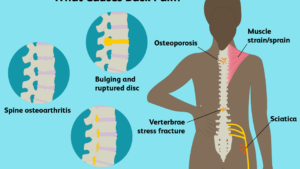
Whenever a muscle strain occurs, you will always feel it. Muscle strain symptoms may include: –
- Soreness around the affected area
- Sudden pain
- Swelling
- Limited range of motion
- Muscle spasms
- Stiffness
You may feel some stiffness on a torn muscle due to a mild strain in your neck and spine. Regardless of this minor discomfort, the affected muscle will still be flexible for use. The symptoms associated with mild to moderate muscle/ligament strains usually heal on their own within a couple of weeks. Symptoms of more severe strains can take longer to heal completely.
Risk Factors of Muscle Strains in Spine and Neck
There are numerous risk factors associated with muscle strains in your neck and spine. For instance, taking part in contact sports such as football, soccer, boxing, wrestling, and hockey can increase incidents of muscle strains.
Muscle Strains Diagnosis in Spine and Neck
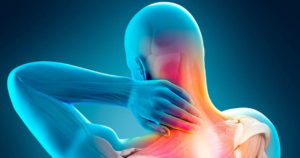
If you feel muscle strain in your back or muscle strain in your neck and you are not responding to rest and anti-inflammatories you should go and get a diagnosis.
- X-ray: Your doctor may suggest an X-ray test to evaluate the strain and rule out the possibilities of other potentially serious conditions.
- CT Scans: Also known as computed tomography, a CT scan can help your healthcare provider detect injuries to bone that may not be seen on Xray. CT Scan produces three-dimensional images of bones for an easier and better diagnosis of your condition.
- MRI: Magnetic resonance imaging produces clear and detailed images of your body without the need for X-rays. Typically, MRI helps doctors assess the condition of nerves and muscles.
CT and MRI may not be necessary to make a diagnosis.
Find professional doctors near you by visiting Sforzo | Dillingham | Stewart Orthopedics + Sports Medicine for further medical intervention. Dr.Christopher R. Sforzo and Dr. Christopher L. Dillingham are board-certified orthopedic surgeons and fellowship-trained in various surgical procedures that include elbow, hand, wrist, shoulder, and forearm. They perform many surgical procedures using state-of-the-art minimally invasive techniques to maximize long-term and short-term function.
Regarding your strains on your spine, Dr. Philip A. Meinhardt will handle your case. Dr. Meinhardt is also a board-certified orthopedic surgeon and fellowship-trained spine surgeon. The doctor specializes in complex adult spinal surgeries that include microscopic or minimally invasive spinal procedures, spinal instrumentation, reconstruction of spinal deformities, fusion procedures, decompression, and microscopic cervical disc replacement surgery. In addition to that, Dr. Meinhardt specializes in biologic regenerative treatments and regenerative medicines to help patients avoid the need for surgical procedures.
Muscle Strain Treatment in Spine and Neck
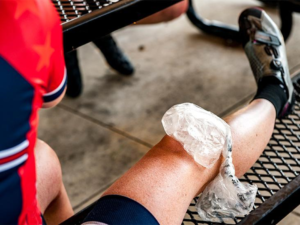
When it comes to muscle strain treatment in your spine and neck, you need to consider nonsurgical or surgical treatment options.
-
Nonsurgical Treatment
With a non-surgical treatment option, you may use medication prescribed by your doctor. Most of these medications are pain relievers and muscle relaxants to ease pain, swelling, and muscle spasms. Icing the affected area is yet another nonsurgical back muscle strain treatment that includes muscle strain in the spine, neck, lower back, and arm. The icing process helps reduce discomfort and inflammation. Other nonsurgical muscle strain treatments include physical therapy and cervical neck traction.
-
Surgical Treatment
Surgical treatment may be considered if your pain is coming from a structural injury to your spine.
Prevention of Muscle Strains in Spine
To prevent muscle strain in your neck and spine, you need to consider these basic precautions:
- Avoid sitting in the same position for extended periods
- Make sure to maintain good postures throughout while sitting or standing
- Be careful when lifting objects, especially the heavier ones
- Always watch out when walking or running to prevent falls
- Wear shoes that are comfortable and fit properly
- Lose some weight if need be
Despite all the above-mentioned preventive measles, exercising regularly can keep your muscles strong and healthy. However, proper techniques are essential in preventing muscle and tendon strains in the neck, back, or calf. Therefore, always start with a stretching warm-up before engaging in strenuous physical activities.
Final Thought
A muscle strain may occur when you exert undue pressure on your muscles doing your normal daily activities. Heavy lifting, extreme sports, and heavy tasks are leading causes of muscle or ligament strains. With proper treatment and care, you can help relieve pain in your muscles and tendons. Visit Sforzo | Dillingham | Stewart Orthopedics + Sports Medicine to learn more about muscle and ligament strains in the neck and spine.
FAQs
What does it mean when your spine and neck hurt?
Most likely, you are experiencing muscle strain in your neck and spine. Therefore, a proper diagnosis is necessary to help find out the exact cause of pain in those areas.
How long does neck strain take to heal?
Most neck strains take a few days to several weeks to recover completely after treatment.
Conditions Spine and Neck
Treatment Spine and Neck
Focusing On You
As healthcare is ever changing, Sforzo | Dillingham | Stewart Orthopedics + Sports Medicine, is doing things differently…
-
 Christopher R. Sforzo, M.D. is a board certified orthopedic surgeon and fellowship trained in hand and upper extremity surgery. He provides expert care in the treatment of problems involving the shoulder, arm, elbow, forearm, wrist and hand. He performs many procedures using minimally invasive techniques includi
Christopher R. Sforzo, M.D. is a board certified orthopedic surgeon and fellowship trained in hand and upper extremity surgery. He provides expert care in the treatment of problems involving the shoulder, arm, elbow, forearm, wrist and hand. He performs many procedures using minimally invasive techniques includi -
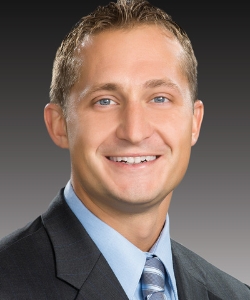 Christopher L. Dillingham, M.D. is a board certified orthopedic surgeon and fellowship trained in hand, shoulder, and arm surgery. He specializes in the treatment of problems with rotator cuff disorders, carpal tunnel syndrome and nerve injury, joint replacement, arthritis surgery, fracture repair, foot and ankle
Christopher L. Dillingham, M.D. is a board certified orthopedic surgeon and fellowship trained in hand, shoulder, and arm surgery. He specializes in the treatment of problems with rotator cuff disorders, carpal tunnel syndrome and nerve injury, joint replacement, arthritis surgery, fracture repair, foot and ankle -
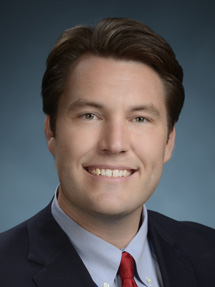 Charles E. Stewart M.D. is a board certified, Johns Hopkins fellowship-trained orthopedic surgeon specializing in adult complex reconstruction of the lower extremity. His specialties include, lower extremity sports injuries, meniscal injuries, partial knee replacement, total hip and knee arthroplasty (replacement), as
Charles E. Stewart M.D. is a board certified, Johns Hopkins fellowship-trained orthopedic surgeon specializing in adult complex reconstruction of the lower extremity. His specialties include, lower extremity sports injuries, meniscal injuries, partial knee replacement, total hip and knee arthroplasty (replacement), as -
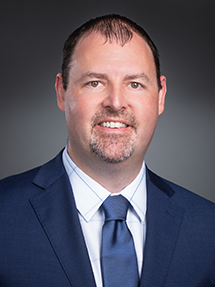 Philip A. Meinhardt, M.D. is a board certified orthopedic surgeon and fellowship trained spine surgeon. He specializes in adult spinal surgeries including reconstruction of spinal deformities, minimally invasive/microscopic spinal procedures, decompression, spinal instrumentation, fusion procedures and microscopic cer
Philip A. Meinhardt, M.D. is a board certified orthopedic surgeon and fellowship trained spine surgeon. He specializes in adult spinal surgeries including reconstruction of spinal deformities, minimally invasive/microscopic spinal procedures, decompression, spinal instrumentation, fusion procedures and microscopic cer
Testimonial
Latest Blog Posts
-
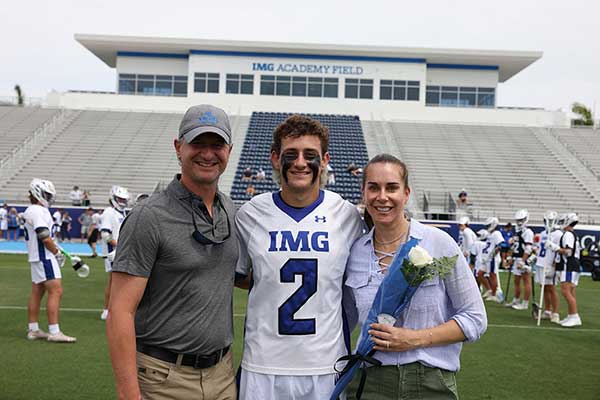 October 18, 2022Dr. Christopher Sforzo was invited to speak at the recent IMG Academy Athlet
October 18, 2022Dr. Christopher Sforzo was invited to speak at the recent IMG Academy Athlet -
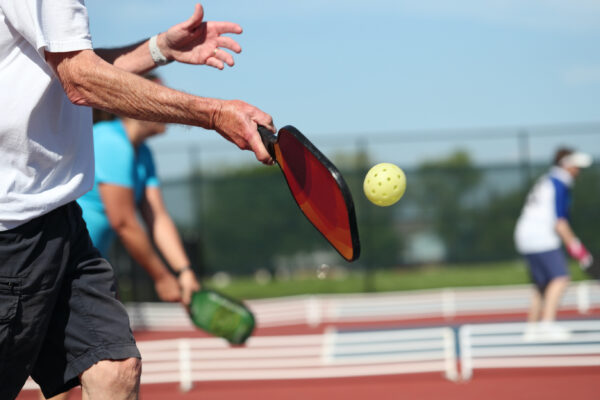 January 22, 2022Did you know that pickleball has become the fastest-growing sport in the U.S.? It’s a fun
January 22, 2022Did you know that pickleball has become the fastest-growing sport in the U.S.? It’s a fun -
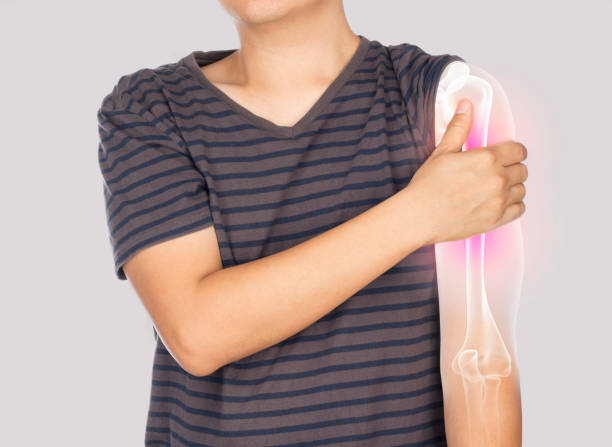 October 27, 2021SARASOTA, FL – With the fall football season underway, shoulder injuries are on the rise among
October 27, 2021SARASOTA, FL – With the fall football season underway, shoulder injuries are on the rise among


